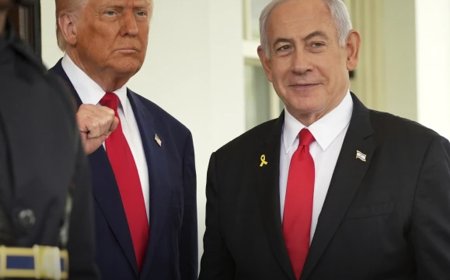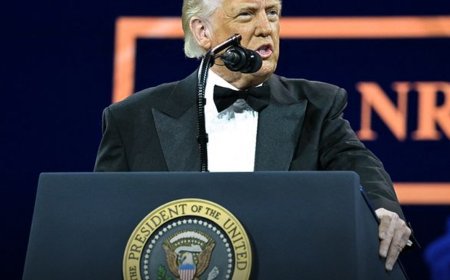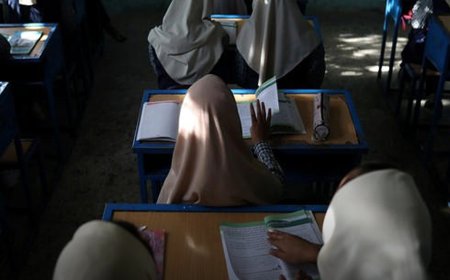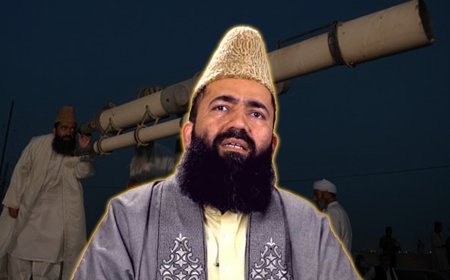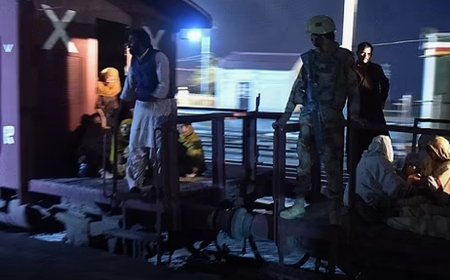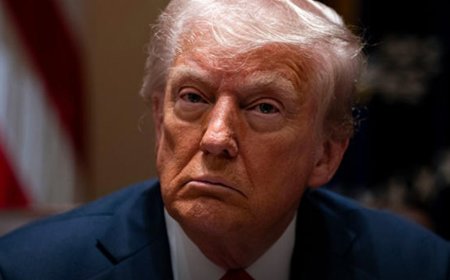India’s Covert Assassination Campaigns in Pakistan: Detailed Report
A groundbreaking investigation by The Washington Post has shed light on India’s alleged covert assassination operations targeting individuals in Pakistan.
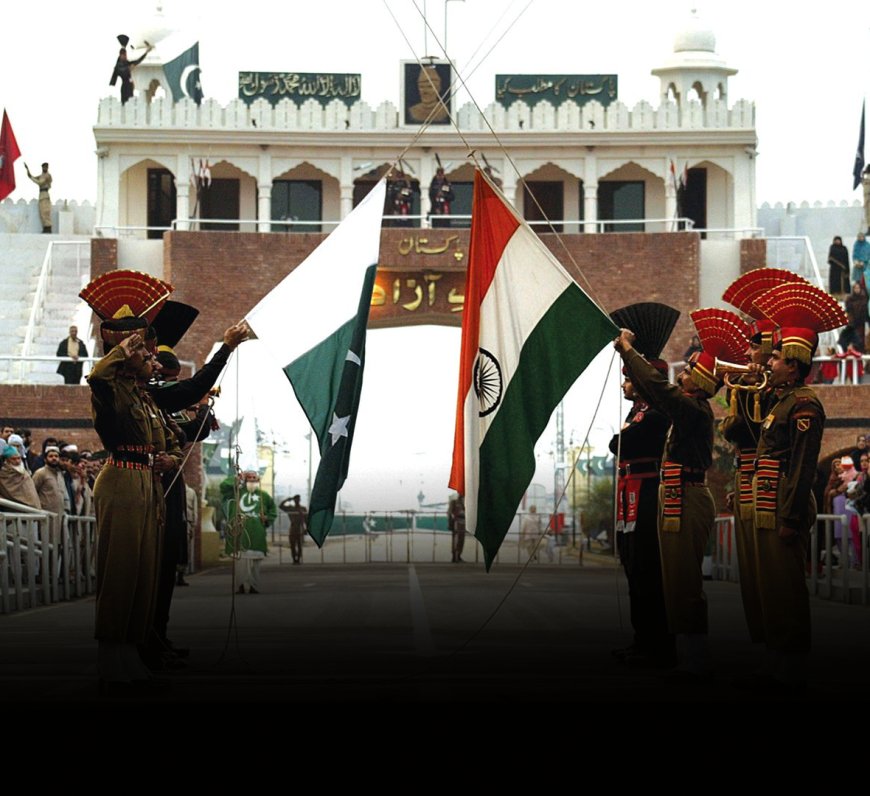
A groundbreaking investigation by The Washington Post has shed light on India’s alleged covert assassination operations targeting individuals in Pakistan. These missions, reportedly conducted by India’s Research and Analysis Wing (RAW) since 2021, have added fuel to the already strained relations between the two nuclear-armed neighbors. The revelations not only raise significant ethical and strategic questions but also highlight the intricate web of geopolitics and national security concerns in South Asia.
Details of the Report
Scope of Operations
The report reveals that RAW’s primary targets were leaders of groups responsible for attacks on Indian civilians and military personnel. These include United Nations-designated terrorist organizations such as Lashkar-e-Taiba (LeT) and Jaish-e-Muhammad (JeM). According to the report, six high-profile assassinations were carried out on Pakistani soil, executed by non-Indian operatives to maintain plausible deniability.
High-Profile Assassination: Amir Sarfraz Tamba
One notable case was the killing of Amir Sarfraz Tamba, accused of murdering Sarabjit Singh, an Indian prisoner, in 2013. This operation, emblematic of RAW’s precision, highlights the agency’s reach and capability.
Tactics and Tools
The report outlines RAW’s methods, which include:
- Outsourcing Execution: Employing Afghan nationals and local criminals rather than Indian agents.
- Using Dubai Intermediaries: Business links in the UAE were leveraged to plan operations.
- Hawala Financing: This informal system of transferring funds enabled decentralized and untraceable monetary support.
However, the report also notes that operational sloppiness occasionally compromised these missions, with poorly trained contractors exposing the agency’s involvement.
Broader International Implications
Activities Beyond Pakistan
RAW’s campaigns allegedly extend beyond Pakistan to include attempts on Sikh separatist leaders in Canada and the United States. Canadian and U.S. officials have reportedly intercepted such plots, with legal cases exposing India’s involvement.
Comparison with Mossad
Experts compare RAW’s extraterritorial actions to those of Israel’s Mossad. While RAW achieved moderate success in Pakistan, its efforts in Western nations were less effective, facing legal and logistical hurdles.
Reactions from Both Nations
India’s Silence
The Indian government has refrained from commenting on the allegations, consistent with its policy of silence on intelligence operations. Officials maintain that Pakistan has long provided sanctuary to terrorists targeting India, justifying proactive measures.
Pakistan’s Outcry
Pakistan has condemned the alleged assassinations as violations of sovereignty, with top officials, including ISI Director General Nadeem Anjum, raising the issue with U.S. authorities. Islamabad has called for international accountability to curb India’s “aggressive” strategies under Prime Minister Narendra Modi’s leadership.
Domestic and Global Repercussions
Impact on India
Domestically, the Modi government has used these revelations to bolster its image of a decisive and assertive leadership. The idea of a “New India” willing to take preemptive action resonates with its voter base.
Challenges for Pakistan
These assassinations expose critical gaps in Pakistan’s counterintelligence apparatus, undermining its claims of not harboring terrorist elements. This has sparked debates within Pakistan about the need to strengthen its internal security mechanisms.
Ethical and Strategic Questions
The Morality of Assassinations
The ethics of state-sponsored killings remain controversial. Critics argue that such actions undermine international law, set dangerous precedents, and escalate conflicts. Proponents, however, view them as necessary tools for national security and counterterrorism.
Long-Term Consequences
These revelations could strain India’s relations with Western allies, especially amid similar allegations in Canada and the U.S. They also underscore the complexities of modern geopolitics, where nations resort to unconventional methods to secure their interests.
Conclusion
The allegations of India’s covert assassination campaigns in Pakistan offer a glimpse into the shadowy world of espionage and geopolitics. As investigations continue, these operations will likely shape the discourse around international law, ethics, and the fragile balance of power in South Asia.
What's Your Reaction?








